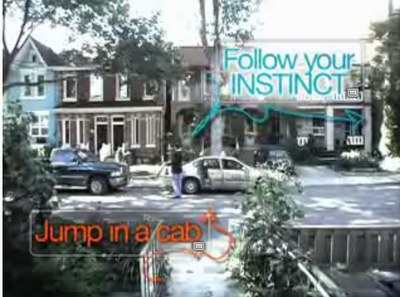Een inspirerend merk heeft een opvallend product, een sterke filosofie en een gedachte die verder gaat dan dozenschuiven.
Een voorbeeld hiervan is TOMS Shoes.
TOMS is opgericht in 2006 door Blake Mycoskie. Blake kwam in Argentinie en zag daar kinderen die te weinig geld hadden om schoenen te kopen. Ze konden zelfs niet de goedkope ‘alpargatas’-schoenen kopen.
Hij kwam op het idee om deze schoenen naar Amerika te brengen, ze te restylen en te gebruiken om arme kinderen te helpen. Per paar TOMS-schoenen dat verkocht wordt, wordt er namelijk een paar weggeven aan een kind in de Derde Wereld.
TOMS kreeg een grote, haast evangelische fanclub en daarmee veel mond-tot-mond-reclame. Tot nu toe heeft hij 200.000 schoenen verkocht en er evenveel geschonken. Blake werkt inmiddels samen met merken als Ralph Lauren en de grote warenhuizen.
Hier is het verhaal van TOMS in beeld:





